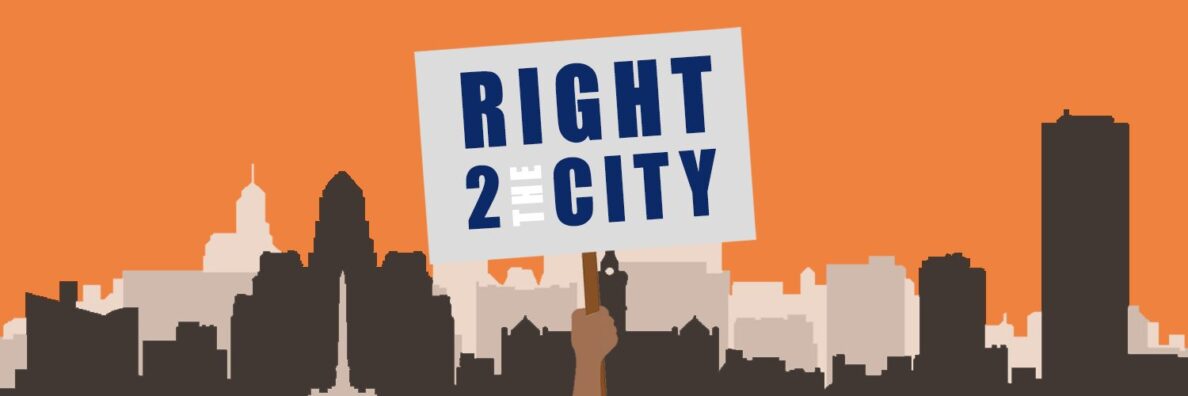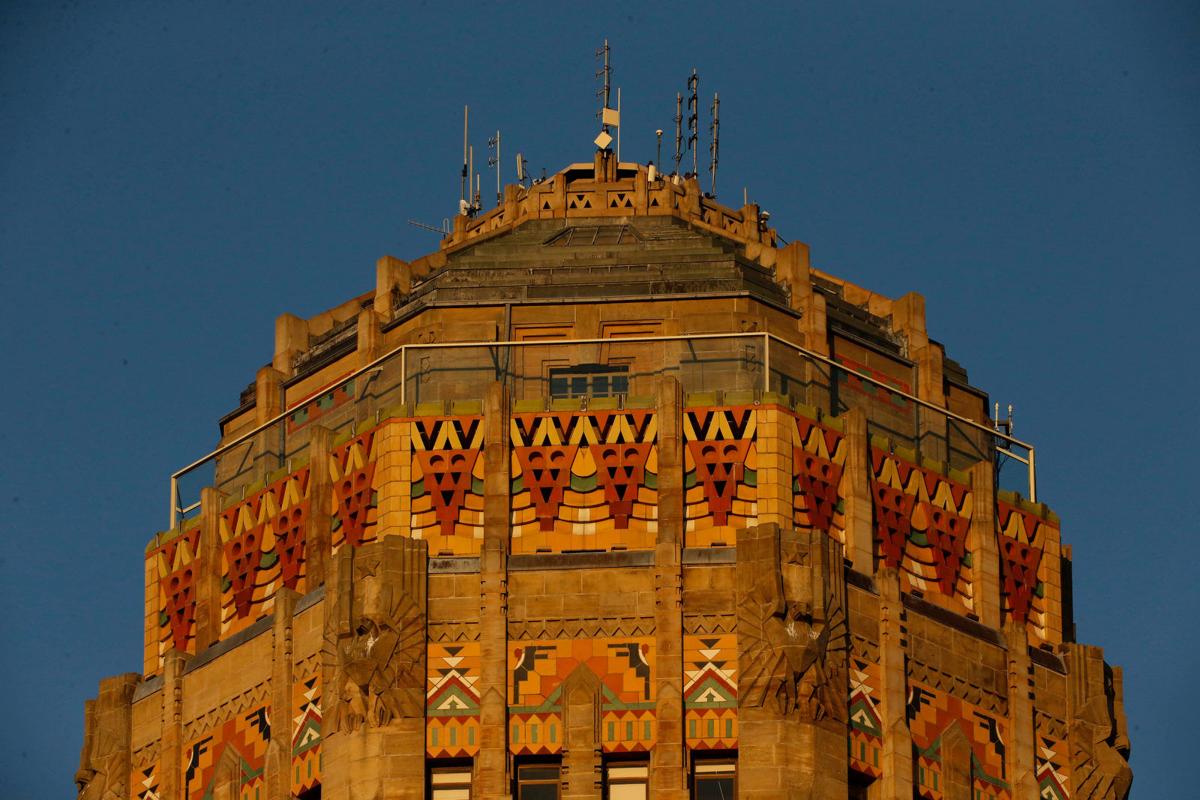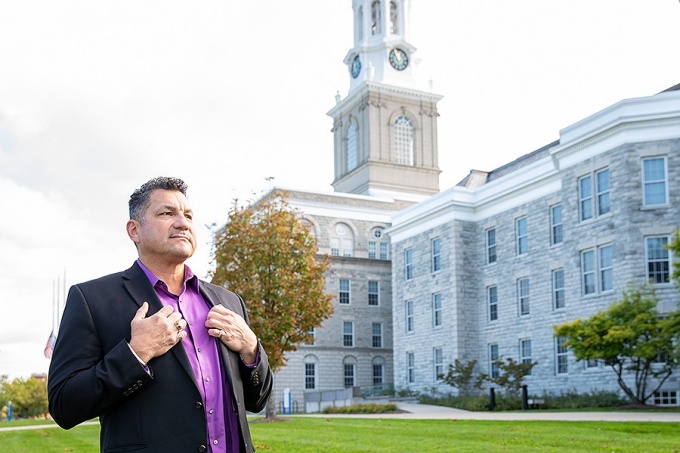$8M will fund fight against Covid-19 in Buffalo’s most ‘vulnerable communities’
By Caitlin Dewey
Reposted from Buffalo News

A broad slate of Buffalo health care providers, faith leaders and community organizations will receive more than $8 million in state funds to battle Covid-19 among the city’s most vulnerable residents.
The wide-ranging plan – announced Wednesday by executives at Erie County Medical Center and the regional health care consortium Millennium Collaborative Care – aims to both expand testing in low-income, high-risk communities and increase medical services and social support for people who fall ill.
Among other measures, the plan will funnel more than $1 million to the African American Health Equity Task Force, a joint project of East Side faith leaders, University at Buffalo academics and community health organizations, to conduct Covid-19 education and outreach efforts in Buffalo’s black communities. It will also provide grants to health care providers on the East and Lower West Sides to establish more sites for testing.
The plan comes after weeks of growing evidence that coronavirus has hit communities of color particularly hard, as well as vocal calls for governments and health care systems to step up more targeted interventions. Five of the seven Erie County ZIP codes with the highest concentration of Covid-19 are predominantly African American, according to an analysis by Alan Lesse, an associate dean at the University at Buffalo Jacobs School of Medicine and Biomedical Sciences.
Health department data also show black patients account for a disproportionate share of Erie County’s Covid-19 deaths.
“Black and brown people are scared. They’re staying home,” said Dr. Raul Vazquez, a physician and health care executive whose affiliated organizations serve thousands of low-income patients in Buffalo. “But the community will benefit from this. That’s very important.”
The Millennium plan, which grew out of an early April proposal by the Health Equity Task Force and other groups, is aimed at reducing Covid-19 deaths and infections in a community uniquely susceptible to both. Due to decades of poverty, segregation, poor housing conditions and other long-term systemic problems, black Buffalonians suffer far higher rates of the pre-existing conditions that put patients at risk of dying from Covid-19, such as asthma, diabetes and hypertension. Many East Side residents also work in “essential” industries, such as health care and transportation, that limit their ability to social distance.
As a result, African Americans constitute nearly a quarter of Erie County’s Covid-19 deaths, though they make up only 13% of its population.
On April 14, one ECMC nurse wrote on Twitter that everyone in the hospital’s intensive care unit was black.
“I want so much better for my people,” she wrote in a second post. “This COVID virus is affecting us so bad.”
To address that disparity, Millennium and ECMC announced they will fund three separate projects aimed at increasing testing capacity and health care services in “vulnerable communities,” in addition to testing expansions ECMC announced in partnership with Kaleida Health.
The first of the initiatives will provide grants of up to $2,500 per day, for up to 100 days, to safety-net health care providers that want to start their own Covid-19 testing sites.
A second initiative will provide the Health Equity Task Force with $1.13 million for activities, including health education and social support services, in partnership with East Side churches.
Finally, city primary care and behavioral health centers will be eligible for $7.24 million of funds to expand their telehealth infrastructure and to cover needs such as food and rent assistance for at-risk patients.
Funding for all three initiatives will come from a state Medicaid reform program administered locally by ECMC and Millennium.
“I think it’s a good first step,” said Brett Lawton, the executive director of the Safety Net Association of Primary Care-Affiliated Providers of Western New York, a professional group. “The chronic shortage of testing supplies, in particular, has been affecting all the communities we serve.”
But Lawton and other local health care advocates said they needed time – and more details – to evaluate the effectiveness of the plan. Among other issues, Lawton said, past grants funded by this particular program have imposed “onerous” requirements on applicants. Advocates also said that the funding, while needed, had come late: four weeks after Erie County’s first Covid-19 death, and five weeks after its first confirmed case.
Peter Cutler, a spokesman for ECMC, said the hospital and Millennium needed time to obtain state approval to distribute the funding. In an emailed statement, ECMC president and CEO Thomas Quatroche Jr., also reiterated his organization’s commitment to supporting at-risk communities.
“We look forward to working with … all of our community partners,” he said, “to advocate for additional public and private support to address the needs of vulnerable individuals during this crisis.”



